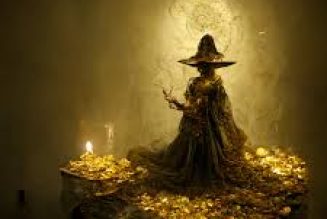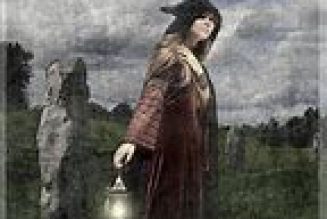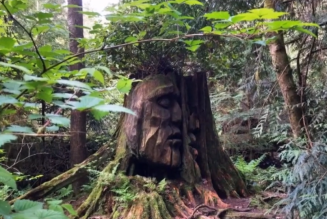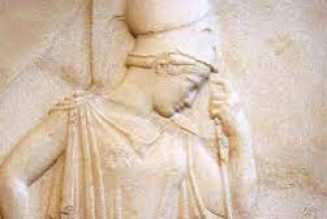
There is another kind of Spirits, (fairies) which we have spoken of in our third book of Occult Philosophy, not so hurtful, and near unto men, for also, that they are affected with humane passions, and do joy in the convention of men, and freely do inhabit with them. And others do dwell in the woods and deserts; &c others delight in the company of divers domestique animals and wild beasts; and some others do inhabit about fountains
and meadows.
Whosoever therefore would call up these kinds of Spirits, in the place where they abide, it ought to be done with odoriferous perfumes, and with sweet sounds and instruments of music, specially composed for the business,with using of songs, enchantments and pleasant verses,with praises and promises.
But those which are obstinate to yield to these things, are to be compelled with threatening, and especially by threatening them to expel them from those places where they are conversant. Further, if need be, thou may betake thee to use exorcisms; but the most important thing that ought to be observed is constancy of mind, and boldness,
free, and alienated from fear.
Lastly, when you would invocate these kinds of spirits, you ought to prepare a table in the place of invocation, covered with clean linen; whereupon you shall set new bread, and running water or milk in new earthen vessels,and new knives.
And you shall make a fire, whereupon a perfume shall be made. But let the magician go unto the head of the table,and round about it let there be feasts placed for the spirits, as you please; and the spirits being called, you shall invite them to drink and eat.
But if perchance you shall fear any evil spirit, then draw a circle about it, (your chair) and let that part of the Table at which the magician sits, be within the circle, and the rest of the table without the circle.
Notes: Fairy is a broad category. In the 1500s, it was often used synonymously with terms such as elf, dwarf, sprite, and even faun and nymph. No one was quite sure what fairies were, and some theories stated that they were spirits of nature, or angels too good for hell but too bad for heaven. Some people thought they were gods and spirits of pre-Christian races or cultures.
Making offerings of food and drink to the gods or the dead has been an ancient practice, stretching back to neolithic times, so it seems only natural that a meal would be set for the fairies.
The attitude of the magician towards the fairies in the grimoires was more one of friendship than of coercion, as it states in the first operation in this book “I confidently and earnestly ask this of you as you are our friends, and we are your friends, and all of us are servants to the Highest…”
Therefore, in every exchange with the fairies, the
magician was to treat them as friends, and offer them gifts in return for service. This contrasts with the way that demons were usually treated with great fear and the medieval magician attempted to bind them with the power of God and the angels, though they were still offered gifts and offerings in exchange for service.
In the case of the dead, the magician in operation 7 ofthis book is instructed to offer to pray for the dead man and make an alms deed in their name in return for their help in finding the fairy Sibylia. I am sure that the dead appreciate other offerings as well, because if you go to any cemetery, there are always things placed there, on and around the tombstones, things that the dead person
liked during their life.
It could be rightly said that even saints and angels
require gifts in exchange for service. Notice the millions of candles burned each month for the saints and angels in the Catholic church. Although sometimes angels in the Bible were said to direct a person to make the offering to God rather than them. In any case, all spiritual workings with entities who are non-physical takes something from the magician, even if that is time and energy spent in the adoration of an angel or God.
Remember the law of exchange, and do not expect any spirit to be your servant. In the spell mentioned above,along with making a meal for the fairies, the magician was to offer incense, something that seems to be universally appreciated by all spirits, and to compose music for the occasion and perform it for the spirits with “praises and promises.” The promises would seem to refer to future gifts and celebrations in the honor of the spirits. The idea was that there should be a working relationship between the people who lived on the physical plane, and those who were the spiritual inhabitants of a location.
We can see that the spirits invoked in the previously described spell were believed to be present in the location a magician was living in, for the greatest threat was to make them leave, for then they would be homeless and must find a new place to live, which would cause them to have to seek to move in with other fairies, or possibly battle hostile spirits to take possession of another location. It is easy to see how this would be very important to the fairies, they needed a place to live just as
much as humans did, at least in the eyes of the people who performed these rituals.







